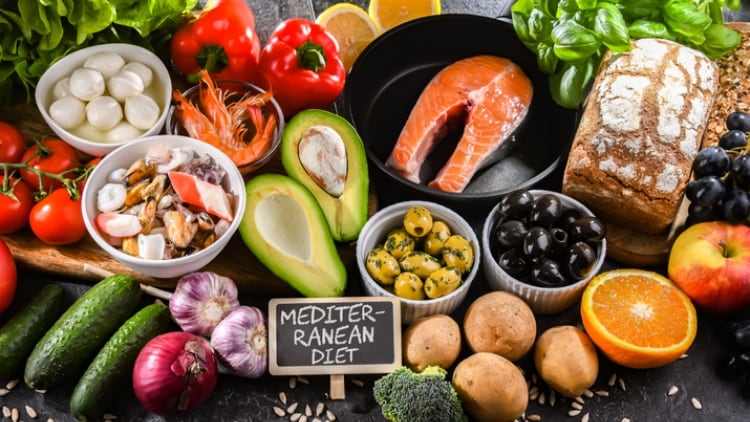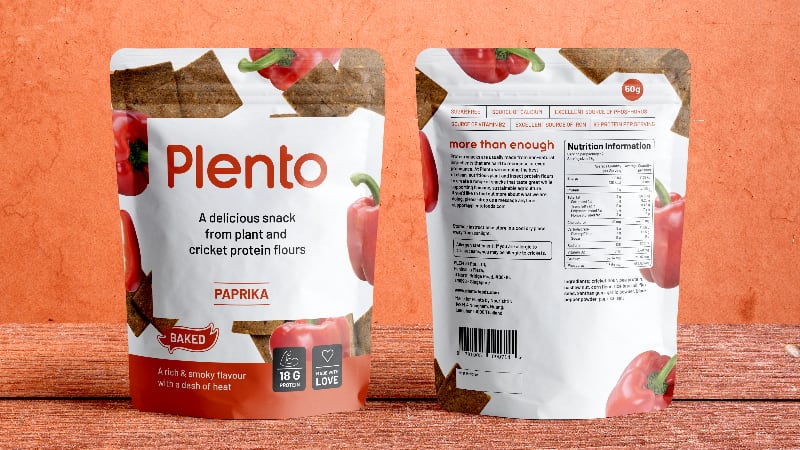Plant-based players have highlighted consumer acceptance and pricing challenges as major hurdles to overcome in the past year.
This has led many to speculate whether the plant-based sector is ‘over’, especially with big players in the United States such as Beyond Meat and Impossible Foods facing multiple operational and management challenges in recent times.
However, food industry experts in Thailand are confident that plant-based meat is not out of the picture and still has a firm future.
“The plant-based meat industry may have seen some slowing in the past year, but it is still very much there and the potential is still strong,” Food Science and Technology Association of Thailand (FoSTAT) President Professor Anadi Nitithamyong told FoodNavigator-Asia.
“The main concern currently is that growth is not as fast as we initially expected, and this was because when the marketing of plant-based meat started this was as an replacement to meat, and consumers would get disappointed when products were not as similar to conventional meat as they expected.
“This would have been very different if plant-based products were offered and marketed fully as alternatives to meat instead of replacements, and this ‘alternative’ marketing is what we urge food firms to go with moving forward.
“The other issue of concern has been price parity, where a lot of brands have been entering the market and flooding it with products, hoping to grow and gain economies of scale to reduce costs eventually - but in reality, right now conventional meat is still cheaper than plant-based.
“With such high prices, it has only been possible to cater to consumers that are very into sustainability and able to spend that extra money on such products – but this in no way is able to cater to the general population in the short term, as most consumers in this region are less concerned with sustainability and more with affordability.”
Moving forward, in addition to marketing plant-based meats as ‘alternatives’ instead of ‘replacements’ to meat, Prof Nitithamyong also urged the sector to look more closely at hybrid innovation.
“Hybrid innovation holds the appeal of not only enabling consumers to make the change to plant-based more slowly and naturally, but also offers the opportunity for the industry to look at this as a less extreme ‘one or the other’ situation,” she said.
“In addition, hybrid innovation is what we would call a form of food innovation that is ‘heaven’ for food scientists as there is much more potential in terms of formulation, hence there will be much more ready expertise available to develop in this area.”
Factors to formulate with
Plant-based innovation has grown so rapidly over the past few years that at this point, there are a myriad of different characteristics that have been identified as important to be satisfied so as to appeal to consumers not only in Thailand, but all of Asia.
“Even when looking at hybrid products, we can safely say that a lot of these factors will still come into play – one of the main ones will be localisation, so don’t focus on burgers, sausages and the like but at more local dishes and flavours,” she said.
“Then there is the issue of addressing all the concerns that consumers initially had over plant-based in the first place – so these need to first be affordable or risk losing the consumers again, and also to minimise the use of additives, or risk losing the label of being consumer-friendly.
“This means that it is ever more important for manufacturers to identify the right technologies that can help them most efficiently develop cleaner label products.
“This is all part of the health and wellness side of things, where consumers are and will remain highly health conscious in addition to slowly placing more focus on sustainability – so really, there is no escape and all of these characteristics need to be build in for a product to really succeed here.”





